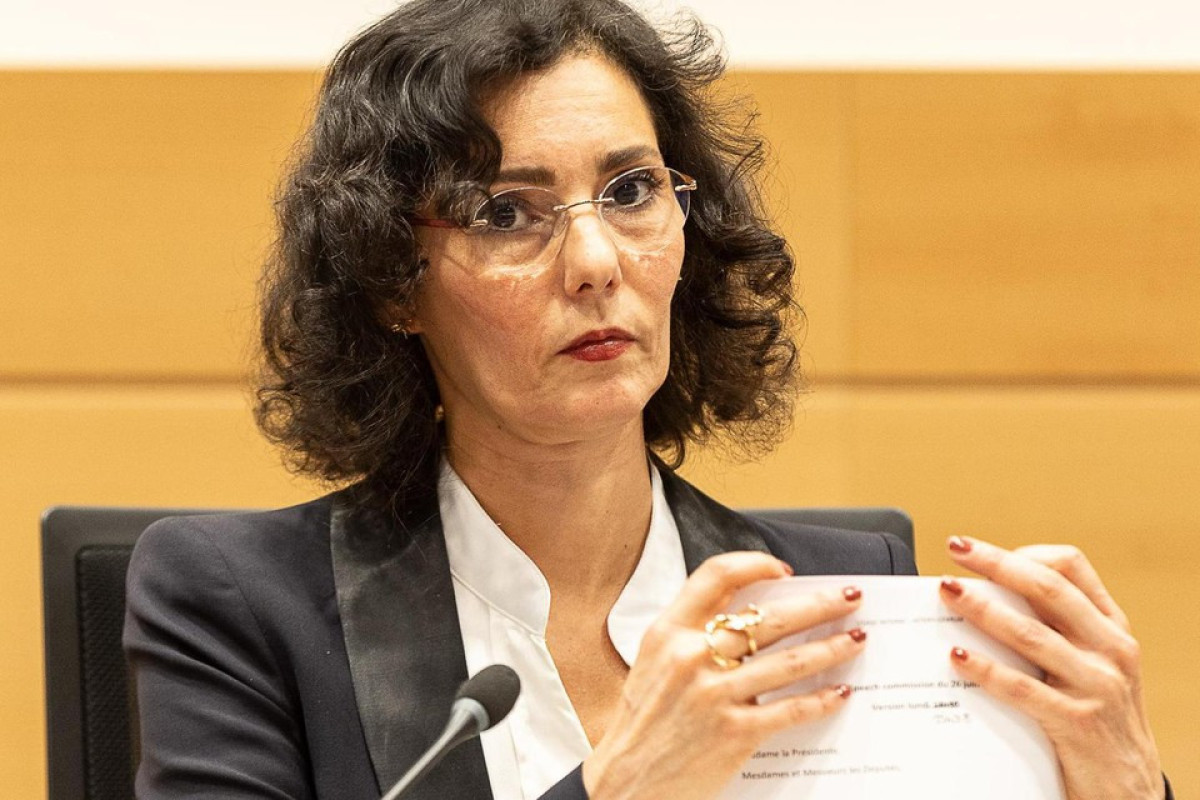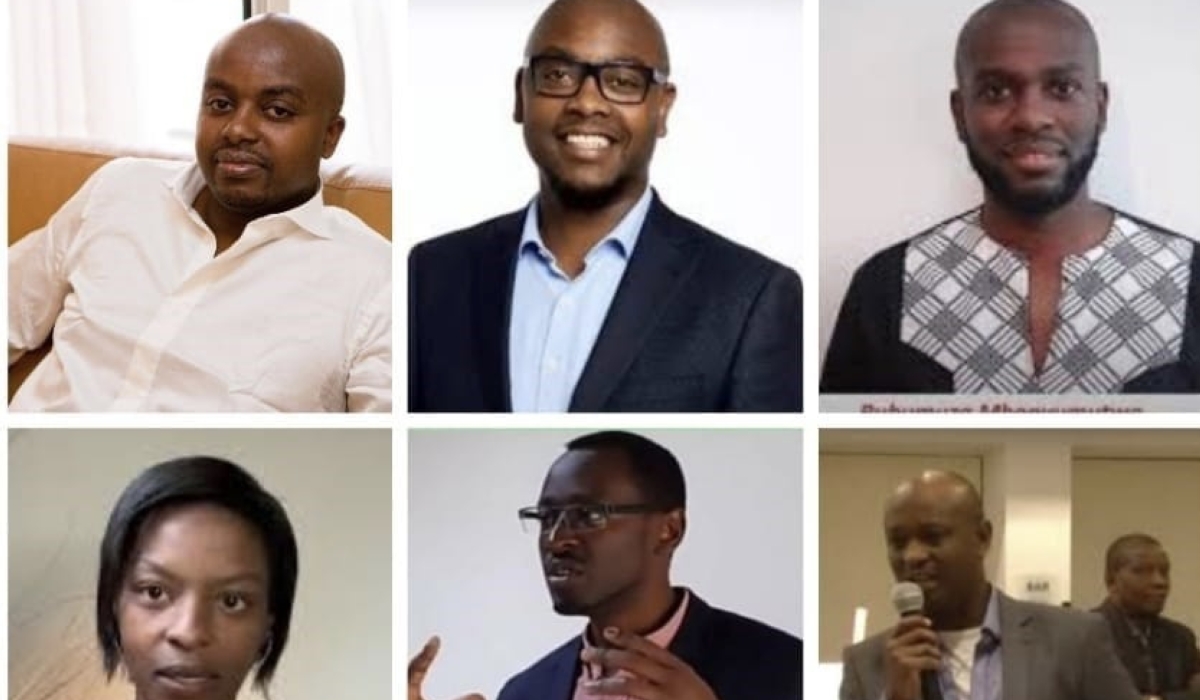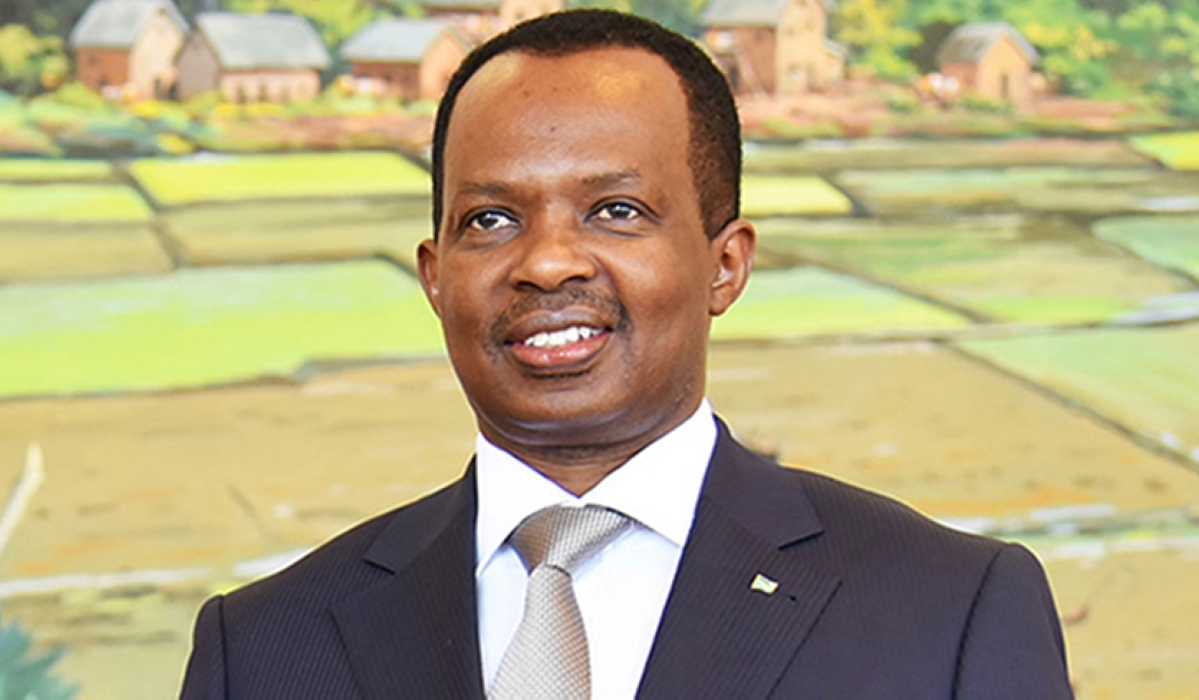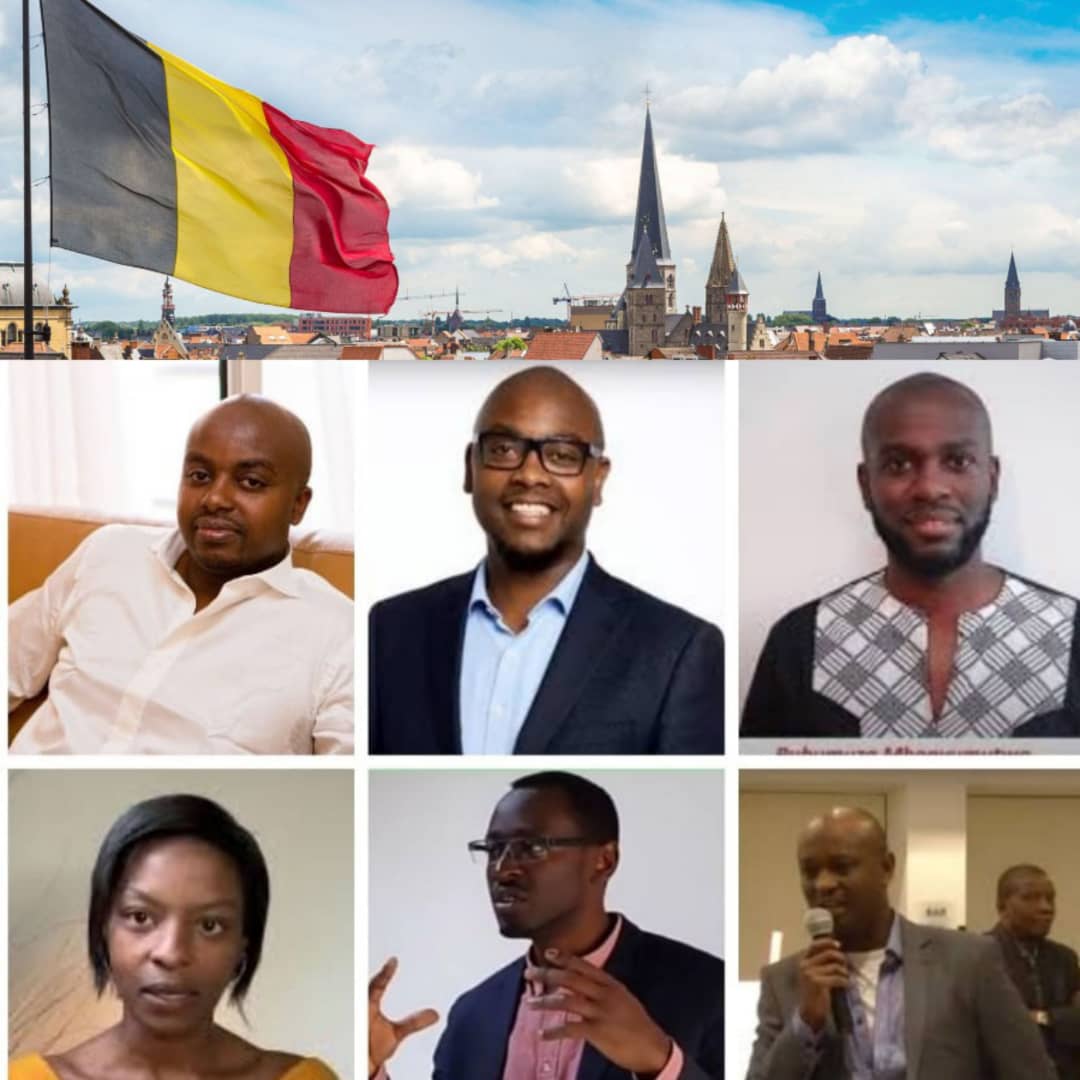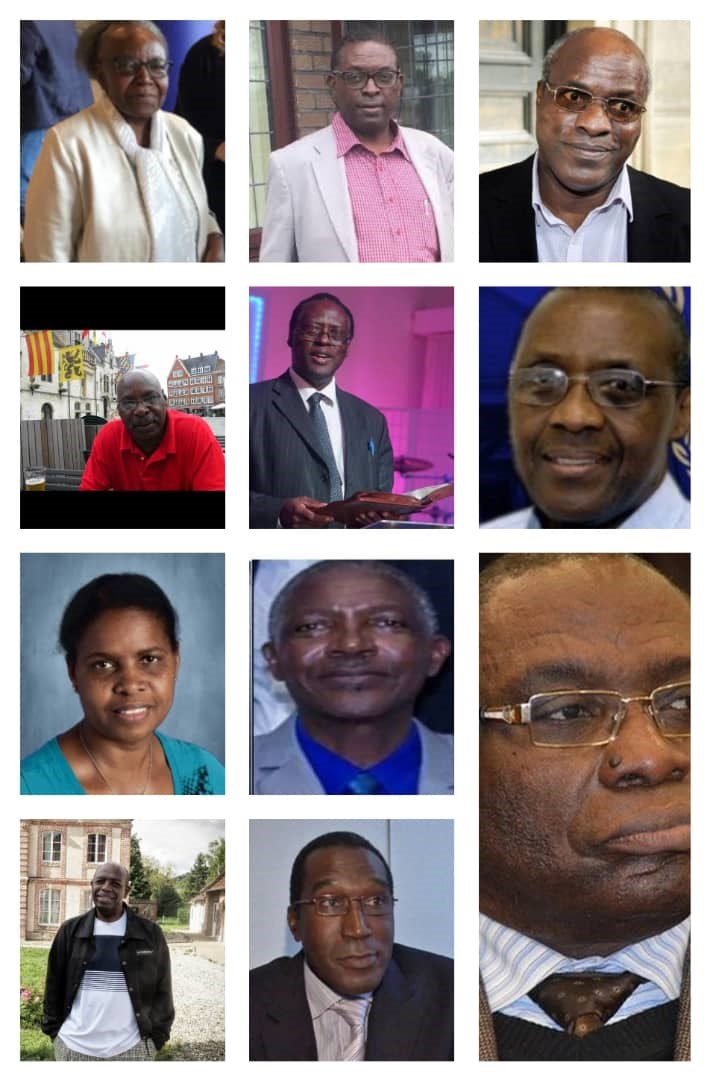Regional
Belgium has a hand in DRC’s prolonged conflicts, but Rwanda suffers the consequences

Belgium killed over 6 million Congolese during colonial era.
The Democratic Republic of
Congo (DRC) has experienced a prolonged series of internal hostilities, from
the colonial era to date. Unfortunately, one community –Kinyarwanda-speaking
Congolese, especially the Tutsi – have been the target of deadly attacks and
mobs that were, on many occasions, supported by successive Congolese
administrations.
More than 260 armed groups are
operating in eastern DRC, where the Congolese Tutsi Community lives. A large
number of the groups, supported by Kinshasa, have been targeting the Congolese
Tutsi, thanks to the genocide ideology spread in the region by the FDLR
genocidal group which was formed by remnants of the perpetrators of the 1994
Genocide against the Tutsi in Rwanda.
This has led to the creation
of successive rebel groups by Kinyarwanda-speaking Congolese, to defend
themselves against an existential threat.
On the other hand, DRC has
been accusing Rwanda of backing these rebel groups, an accusation that Kigali
has repeatedly denied. The Congolese military and government officials are
always quick to blame Rwanda for DRC’s insecurity while diverting attention
from their failures.
Rwanda can never gain from an
insecure DRC. Insecurity in eastern DRC
has affected Rwanda in various ways. First, insecurity there created a safe
haven for the FDLR genocidal militia which aims at destabilizing Rwanda. From
there, the FDLR plotted and executed attacks on Rwandan soil on different
occasions, killing civilians and damaging properties.
The FDLR uses its base in
eastern DRC, and support from successive Congolese governments, to spread
genocide ideology in the great lakes region. This has fueled hate speech and
resulted in the persecution of the Congolese Tutsi. The FDLR is a security
threat to both countries and the region in general.
Rwanda wishes to have a safe
and secure eastern DRC, without the threat of the genocide ideology. The
existence of FDLR and more than 260 other armed groups in eastern DRC has led
to continuing influxes of Congolese refugees to Rwanda and other countries.
Over 100,000 Congolese refugees live in Rwanda. Some have spent more than 20
years in Rwandan refugee camps. Rwanda would be happy to see these refugees
returning to their homeland, but they cannot go back while their security
concerns remain unsolved.
On different occasions,
Belgium, among other Western countries, sided with DRC in blaming Rwanda for
the insecurity in its volatile eastern region, just for political and economic
interests. The Westerners are aware of the root causes of the long-lasting
insecurity in DRC, but they chose to appease Kinshasa in order to gain access
to DRC’s mineral resources.
The West has showed no
interest in resolving DRC’s conflicts, but added fuel to the fire by siding
with Kinshasa, a move that escalated tensions between the volatile country and
its neighbors, especially Rwanda.
While in Goma, the capital of
North Kivu Province, on April 19, Belgian Ambassador to DRC Roxane de
Bilderling said that the country should file a complaint with the International
Court of Justice (ICJ) over Rwanda’s failure to respect its border.
The Ambassador’s statement
came as no surprise. Belgium is the root cause of all the ethnic discrimination
that led to the 1994 Genocide against the Tutsi in Rwanda. Roxane de Bilderling
does not care about the looming genocide against the Congolese Tutsi in DRC.
DRC should file a complaint
against Belgium, instead. Belgium has been a key player in the DRC security
crisis since the 1880s, until today. The central African nation has been the
victim and never found the way to get rid of this tragedy since its
colonization.
The DRC has been experiencing
violence and extensive abuses of power. Prolonged civil wars, coupled with
continued mismanagement of state resources, placing the country among the group
of the world's fragile states.
The DRC story begins when
European powers scrambled for Africa, in what was called The Berlin Conference
of 1884–1885, also known as the Congo Conference.
In the conference, the
Belgians’ second King and founder of Congo Free State, present-day DRC, King
Leopold II, awarded himself the vast and mostly unexplored territory
surrounding the Congo River.
Under Leopold II's
administration, the DRC became a humanitarian disaster. He looted Congolese
resources and killed an estimated 10 million people under forced labour.
King Leopold's wealth, looted
from DRC, made him the richest man in the world and furnished him with the
funds to build and develop Brussels, Antwerp and Ostend.
Under the pretense of
propagating christianity and trade in Africa, Belgium exploited DRC’s mineral
resources, ivory and rubber. The colonial state was notorious for its brutal
practices, including severed hands, which became its infamous symbol. Colonial
officials brutally maimed people for failing to deliver harvest quotas.
Forced labour, corporal
punishments, kidnapping, and slaughtering of rebellious villagers were among
other atrocities recorded during the colonial period.
The DRC suffered a lot under
Belgium rule until it achieved independence in 1960. However, on January 17,
1961, the country’s first Prime Minister, Patrice Lumumba, was executed by way
of a firing squad. His body was dissolved in acid and his remains, comprising
of only a tooth, were taken to Belgium.
A Belgian parliamentary
investigation into the assassination of DRC's independence hero concluded that
Belgium was responsible for his death. In 2002, then Belgian Prime Minister Guy
Verhofstadt apologized for Belgium’s involvement in DRC’s prolonged
hostilities.
Brussels sent back Lumumba’s
tooth to Kinshasa, 61 years after his murder. In 2020, Belgium's current King,
Philippe expressed deep regret for the "suffering and humiliation"
inflicted on DRC during its 75 years under Belgian rule.
However, Belgium’s hand in the
DRC crisis remains covert and indirect. Belgium will never leave DRC since what
they came looking for - mineral resources - is still there.
The Berlin conference was also
referred to as the Congo Conference because the main point of discussion was to
amicably divide resources among Western countries, at the expense of the
Congolese people. The DRC's vast resources were at the center of the
Conference, a position that has not changed until today, within modern Europe.
Members of the European Union,
particularly Germany, France, and Belgium, registered significant roles in the
eastern DRC crisis. Without the Berlin Conference, which partitioned Africa
among European colonial powers, the eastern DRC crisis would have not existed.
Rwandophones found themselves
in eastern DRC, where the then Rwandan territories of Rutshuru, Bunyabungo,
Masisi, Gishali, Tongo and Idjwi, among others, were given to DRC as result of
the Belgian administration’s resettlement programme of Rwandese in the Congo –
movement de l' installation de la population – implemented from 1931.
Since then,
Kinyarwanda-speaking Congolese have been persecuted and denied their rights by
other Congolese communities with the knowledge of Congolese governments,
claiming that they were “foreigners who want to balkanize eastern DRC,”
ignoring the fact that they received those people during the partition of the
borders.
If they are accepting the land
they received, Kinshasa must also respect the people received under that
partition.
This partition of borders has
been a key factor as regards the hostilities in eastern DRC. Due to the same,
Kinshasa denied the citizenship of Kinyarwanda-speaking Congolese. Belgium as
the causal agent of the hostilities turned a blind eye and never wanted to act
in any way.
The Belgian ambassador’s suggestion to file a complaint against Rwanda with the ICJ is a scapegoat and cover up for her country’s responsibility in the crisis. Belgium should be held accountable for making DRC a fragile state for all this long.



